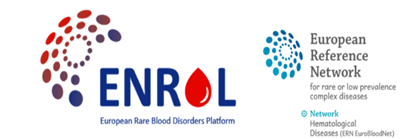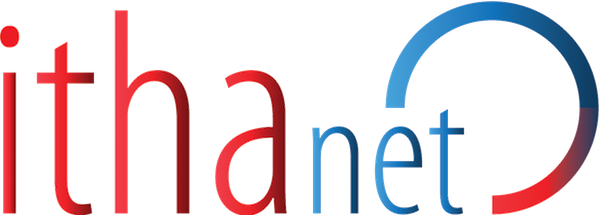

The European Rare Blood Disorders Platform (ENROL) conceived in the core of ERN-EuroBloodNet to serve as an umbrella for both new and already existing registries on rare haematological disorders (RHD), has officially started June 1st, 2020. The primary objective of ERNOL will be to map at the EU level demographics, survival rates, diagnosis methods, genetic information, main clinical manifestations and treatments as to obtain epidemiological figures and identify trial cohorts for basic and clinical research. To achieve this, ENROL will promote the development of new RHD registries in countries lacking one or connect and facilitate upgrading of existing RHD registries. Furthermore, targeted actions will be carried out in collaboration with EURORDIS for educating patients and families about the benefits of enrolment in such registries. ENROL is co-funded by the European Commission - Consumers, Health, Agriculture and Food Executive Agency (CHAFEA) under the call for proposals HP-PJ-2019 on Rare disease registries for the European Reference Networks. The aims and main objectives, as well as key points of ENROL, will be presented in the online kick-off meeting in July 2nd, 2020, where ERN-EuroBloodNet members, affiliated partners, and other stakeholders’ contribution will be crucial for ENROL implementation and success.
More information here and registration for the kick-off meeting here.





